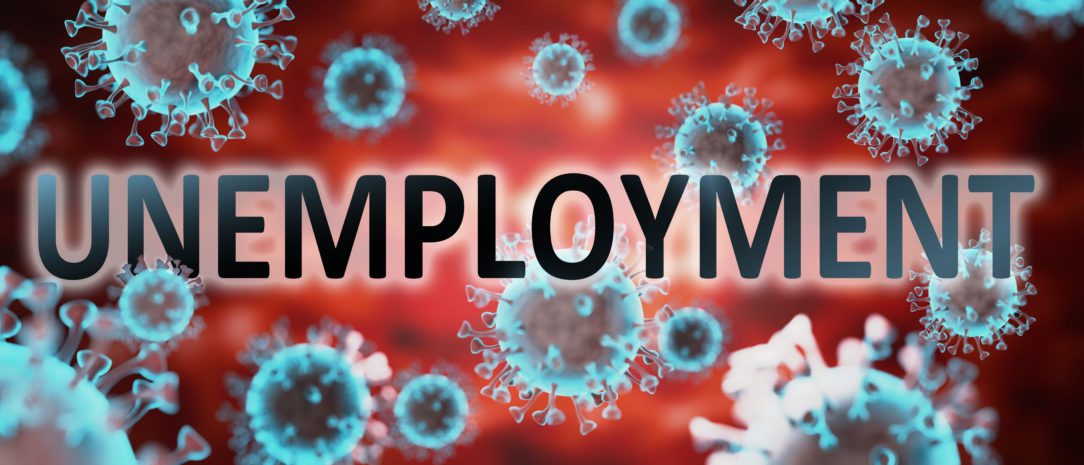On Friday, I Tweeted that none of the news stories or reports I could find mentioned that White women were disproportionately represented in the unemployment numbers for April. A New York Times article and National Women’s Law Center fact sheet both focused on the share of unemployment that was women, 55%, and on the unemployment rate for Black and Hispanic women, 16.1% and 20.2%, respectively. The high rate of unemployment for women relative to men has prompted many to call this current economic downturn a “she-cession,” instead of a recession, to emphasize the impact on women.
In advocating for the disaggregation of data, my primary goal is for Asian, Black, Hispanic, Native American, and Multiracial women to see themselves in the data reported. I strongly believe we ALL want to see ourselves in the data, especially during this pandemic.
In the midst of dealing with the disproportionate impact of COVID-19 in Black, Hispanic, and Native American communities, we have learned of the killing of Mr. Ahmaud Arbery by a White father and son. Mr. Arbery was killed the same week the House of Representatives passed the Emmett Till Antilynching Act. Congressman Bobby Rush (D. Ill), the sponsor of the bill, said Mr. Arbery’s killing would be considered a lynching under his bill.
Twitter brought to my attention the killing of Breonna Taylor, who was shot by Louisville police officers when they entered her home unannounced under a no-knock warrant. The police were at the wrong house! “This is not the first time, nor will it be the last, that the death of a Black man, due to racism, gets the attention, while the death of a Black woman is practically ignored.
Yep, I Tweeted about it.
Rhonda Vonshay Sharpe @RhondaVSharpe May 12
I use @WISERPolicy as a platform to press for #datadisaggregation not only so Asian, Black, Hispanic, Native American & Multiracial women can be seen as women, but also so Black includes Black women. It seems homicide by a cop only matters when it is a Black man.
In the next few weeks, we will hear more about Speaker Pelosi’s COVID-19 proposal. The current version extends the $500 payment for dependent children to 17- and 18-year-olds and to older dependent children with disabilities. The new proposal does not fully incorporate recommendations in the All Dependents Count Act, which would extend the $500 payment to all dependents with disabilities and to dependent children up to age 24 who are enrolled in school.
Orpah Winfrey’s 2020 graduation speech asked the following to the Class of 2020:
So can you use this disorder that COVID-19 has wrought? Can you treat it as an uninvited guest that’s come into our midst to reorder our way of being? Can you, the class of 2020, show us not how to put the pieces back together again, but how to create a new and more evolved normal? A world more just, kind, beautiful, tender, luminous, creative, whole?”
This is a question not just for the class of 2020, but for all us. Click to read her speech or to watch.
Be well,
Rhonda


